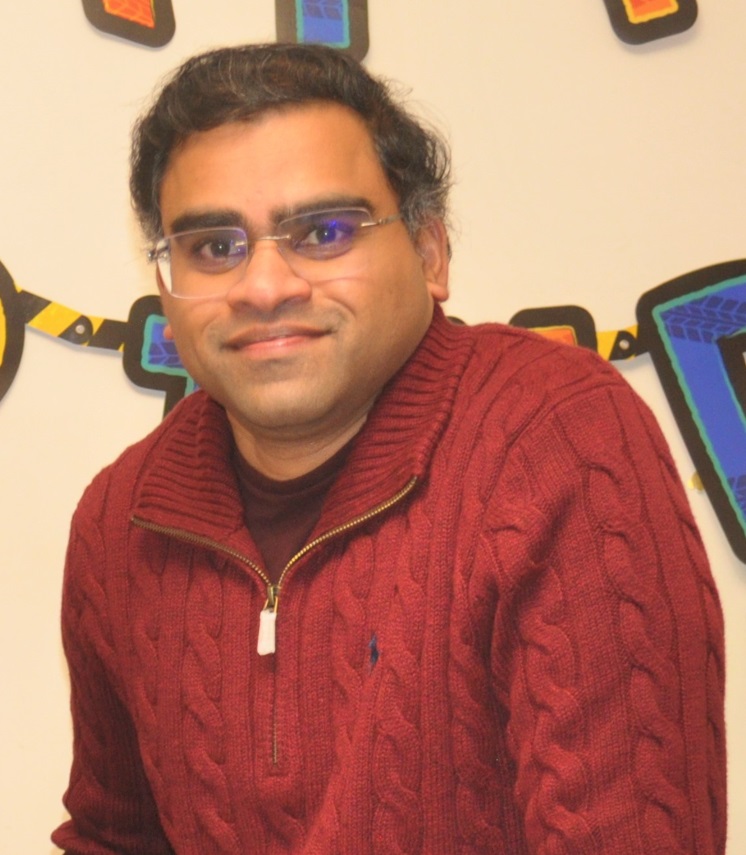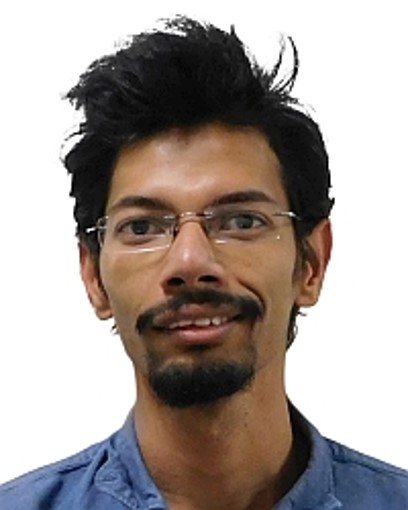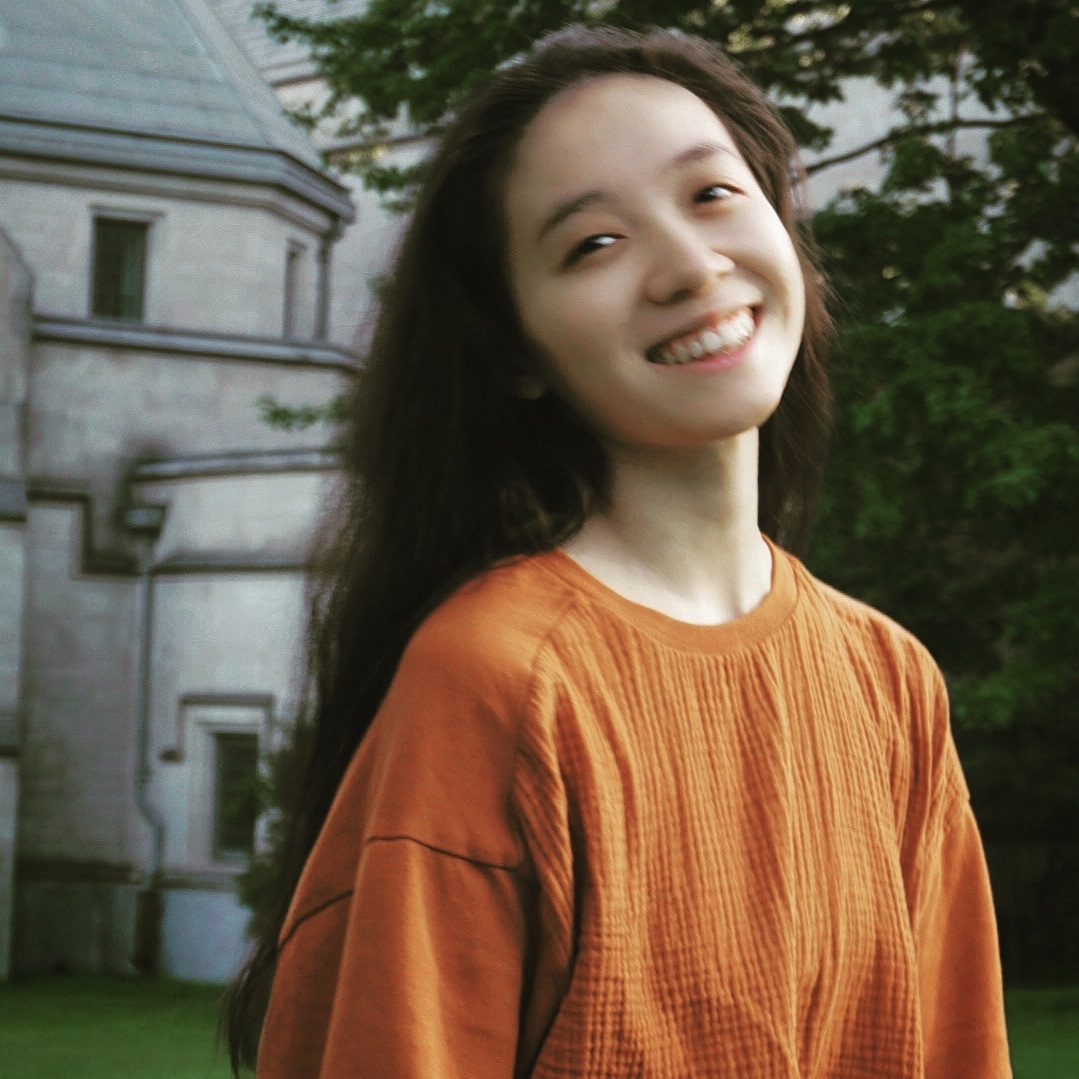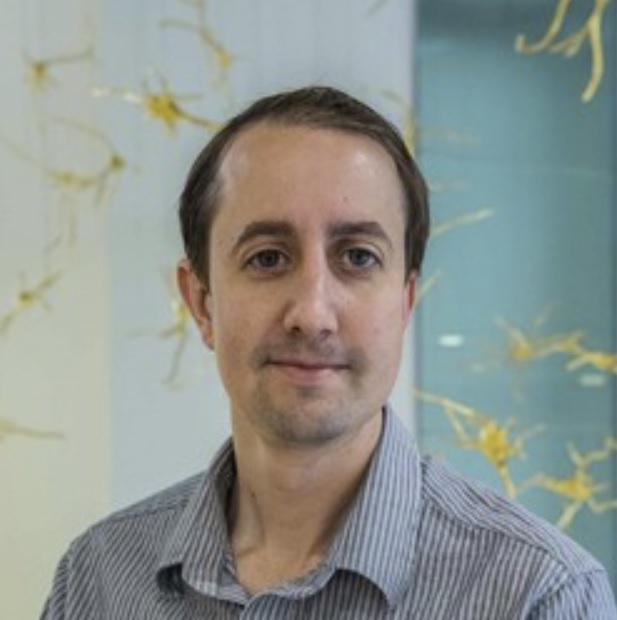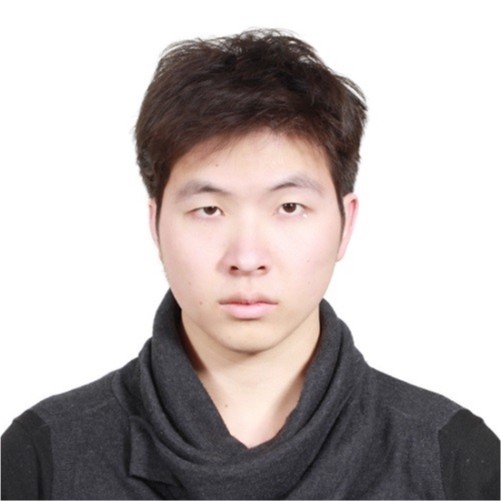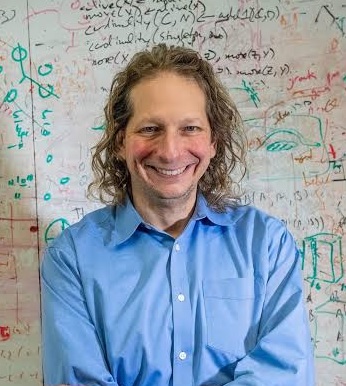Organizer Details
Anoop Cherian
Mitsubishi Electric Research Laboratories (MERL)
Bio:
Dr. Anoop Cherian is a Senior Principal Research Scientist with Mitsubishi Electric Research Labs (MERL) in Cambridge, MA and an adjunct Associate Professor with the Australian National University (ANU), Canberra, Australia. He was a former Research Fellow with the Australian Center for Robotic Vision (ACRV) at ANU, and a Postdoctoral Fellow with the LEAR project team at Inria, Grenoble, France. Anoop received his MS and PhD degrees in 2010 and 2013 respectively from the University of Minnesota, Minneapolis, and B.Tech from National Institute of Technology, Calicut, India. Anoop has broad interests in the areas of multimodal and embodied AI, neuro-symbolic reasoning, generative models, robotics, and optimization. Anoop has organized several workshops at computer vision venues in the past, including the Multimodal Algorithmic Reasoning Workshops at CVPR 2024 and NeurIPS 2024, the Vision-and-Language Algorithmic Reasoning Workshop at ICCV 2023, the Deep Declarative Networks Workshop at CVPR 2020, Tensor Methods in Computer Vision (TMCV) at CVPR 2017, Robotic Vision Summer School (RVSS 2017), and Visually Grounded Interaction and Language (VIGIL) at NeurIPS 2018, among others.
Kuan-Chuan Peng
Mitsubishi Electric Research Laboratories (MERL)
Bio:
Dr. Kuan-Chuan Peng is an IEEE Senior Member and a Principal Research Scientist at Mitsubishi Electric Research Labs (MERL) in Cambridge, MA. He received his Ph.D. degree in Electrical and Computer Engineering from Cornell University in 2016. He received a B.S. degree in Electrical Engineering and an M.S. degree in Computer Science from National Taiwan University in 2009 and 2012 respectively. His expertise includes domain adaptation, anomaly detection, attention modeling, and fundamental computer vision and machine learning problems. He organized: (1) 2024 Workshop on Anomaly Detection with Foundation Models in conjunction with IJCAI 2024. (2) 2024 Workshops on Multimodal Algorithmic Reasoning in conjunction with CVPR 2024 and NeurIPS 2024. (3) 2023 Workshop on Vision-and-Language Algorithmic Reasoning in conjunction with ICCV 2023. (4) 2022 and 2024 Workshop on Artificial Intelligence with Biased or Scarce Data in conjunction with AAAI 2022 and 2024. (5) 2022 Workshop on Vision with Biased or Scarce Data in conjunction with ECCV 2022. (6) 2020, 2021, 2022, 2023, and 2024 Workshop on Fair, Data-Efficient and Trusted Computer Vision in conjunction with CVPR in 2020, 2021, 2022, 2023, and 2024. (7) 2020 and 2021 Workshop on Vision Applications and Solutions to Biased or Scarce Data in conjunction with WACV in 2020 and 2021. (8) 2018 and 2019 Workshop on Vision with Biased or Scarce Data in conjunction with CVPR in 2018 and 2019.
Suhas Lohit
Mitsubishi Electric Research Laboratories (MERL)
Bio:
Dr. Suhas Lohit is a Principal Research Scientist at Mitsubishi Electric Research Labs (MERL) in Cambridge, MA, USA. Before coming to MERL, Suhas received his Ph.D degree in Electrical Engineering from Arizona State University in 2019. His research interests include computer vision, computational imaging and deep learning. Recently, his research focus has been on creating hybrid model- and data-driven neural architectures for various applications in imaging and vision. He organized: (1) 2024 Workshops on Multimodal Algorithmic Reasoning in conjunction with CVPR 2024 and NeurIPS 2024. (2) 2023 Workshop on Vision-and-Language Algorithmic Reasoning in conjunction with ICCV 2023.
Honglu Zhou
Salesforce Research
Bio:
Dr. Honglu Zhou is a Research Scientist at Salesforce Research. She received her Ph.D. degree at Rutgers University in the Computer Science Department, under the supervision of Prof. Mubbasir Kapadia. She was a member of the Intelligent Visual Interfaces Lab. Her work was published in numerous renowned conferences (CVPR, ICLR, ECCV, SIGIR, IJCAI) and journals (Springer The Visual Computer, IEEE Computer Graphics and Applications). Her work has been recognized with a Best Paper Award from CIKM 2022. She has done multiple internships and collaborated with researchers from Salesforce Research, NEC Laboratories America, Google YouTube, DeepMind, and Google Research. Honglu is passionate about next-generation machine intelligence. Her research interests lie in the areas of video understanding, machine reasoning, multimodality and generative models. Her goal is to tackle fundamental problems in high-level semantic analysis and reasoning by developing effective and efficient methods, especially for videos and human behavior sequences, so that machines are able to interpret and interact with the dynamic visual world that we humans live in. She organized the 2024 Workshops on Multimodal Algorithmic Reasoning in conjunction with CVPR 2024 and NeurIPS 2024, and the 2023 Workshop on Vision-and-Language Algorithmic Reasoning in conjunction with ICCV 2023.
Kevin Smith
MIT
Bio:
Dr. Kevin Smith is a research scientist at the Computational Cognitive Sciences lab at MIT, whose research reverse engineers the processes people use to understand and reason about the physical world. His work has been recognized with a best paper award from Robotics: Science and Systems 2018, as well as for the best Perception & Action model at the Cognitive Sciences Society 2012. He has previously organized workshops and symposia at CVPR (the Workshop on Multimodal Algorithmic Reasoning, 2024), ICCV (the Workshop on Vision-and-Language Algorithmic Reasoning, 2023), NeurIPS (Modeling the Physical World: Perception, Learning, and Control), 2018; Physical Reasoning and Inductive Biases for the Real World, 2021), ECCV (First Challenge on Machine Visual Common Sense: Perception, Prediction, Planning, 2022), and the Cognitive Sciences Society (The Origins of Common Sense in Humans and Machines, 2020; Strategies and Representations in Physical Inference, 2018).
Le Xue
Salesforce AI Research
Bio:
Le Xue is a Senior Applied Scientist at Salesforce Research. He received his Master’s degree from Cornell University. His research interests span multimodal foundation models, computer vision, large language models, and 3D vision. He has published in renowned venues such as CVPR, ECCV, NeurIPS, ICLR, and ICRA. His recent work focuses on developing foundational large multimodal models with enhanced reasoning and action capabilities, exploring their potential and limitations in real-world scenarios, and building large-scale datasets to promote open-source foundational model development.
Tim Marks
Mitsubishi Electric Research Laboratories (MERL)
Bio:
Dr. Tim Marks is a Senior Principal Research Scientist and Senior Team Leader at Mitsubishi Electric Research Labs (MERL) in Cambridge, MA. Prior to joining MERL in 2008, he did postdoctoral research in robotic Simultaneous Localization and Mapping in collaboration with NASA's Jet Propulsion Laboratory. His research at MERL spans a variety of areas in computer vision and machine learning, including face recognition under variations in pose and lighting, and robotic vision and touch-based registration for industrial automation. He organized the 2023 Workshop on Vision-and-Language Algorithmic Reasoning in conjunction with ICCV 2023 and the 2024 Workshop on Multimodal Algorithmic Reasoning in conjunction with CVPR 2024.
Joshua B. Tenenbaum
MIT
Bio:
Prof. Joshua B. Tenenbaum is a Professor of Computational Cognitive Science in the Dept. of Brain and Cognitive Sciences at MIT, a principal investigator at MIT's Computer Science and Artificial Intelligence Laboratory (CSAIL), and a thrust leader in the Center for Brains, Minds and Machines (CBMM). His research centers on perception, learning, and common-sense reasoning in humans and machines, with the twin goals of better understanding human intelligence in computational terms and building more human-like intelligence in machines. The machine learning and artificial intelligence algorithms developed by his group are used by hundreds of science and engineering groups around the world. Tenenbaum received his PhD from MIT in 1999, and was an Assistant Professor at Stanford University from 1999 to 2002 before returning to MIT. His papers have received awards at the Cognitive Science (CogSci), Computer Vision and Pattern Recognition (CVPR), and NeurIPS, among others. He has given invited keynote talks at all of the major machine learning and artificial conferences. He is the recipient of the Early Investigator Award from the Society of Experimental Psychologists, the Distinguished Scientific Award for Early Career Contribution to Psychology from the American Psychological Association, and the Troland Research Award from the National Academy of Sciences, and is a fellow of the Society of Experimental Psychologists and the Cognitive Science Society. He has been involved as a program committee member/chair and/or has co-organized several workshops at machine learning, computer vision and cognitive science venues.
